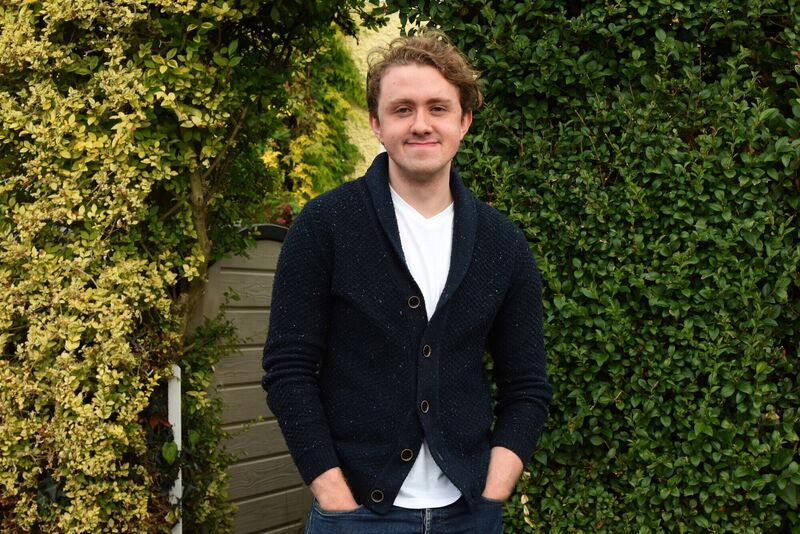
Following the pre-synodal conference at Athlone, a petition reportedly signed by more than 500 young people in Ireland said the “current synthesis of the synod of Ireland is at risk of concluding that the sense of the faithful (Sensus Fidei) is in conflict with the teaching of the Catholic Church”.
“It suggests that the faithful in Ireland wish to change Church teaching on sexuality, marriage and the ordination of women”, the petition said.
“We as faithful young Catholics fully accept Church teaching and have no desire to have it changed.”
The letter, which was sent to the Church’s Synodal Pathway steering committee said, “false conclusions” were being presented in Athlone, and that “emerging concerns” in parishes should not prompt change but “instead a call to communicate Church teachings better”.
One signatory was 21-year-old Matthias Conroy who was auditor of University College Dublin’s Newman Catholic Society last year.
“Being a Catholic is the best thing about my life,” he says.
He believes many older people in the Church feel some changes are needed to include more young people, but “this inevitably involves changing something that makes the Church, the Church” and changing fundamental teachings passed down by Jesus.
“I don’t think that’s the answer. The answer to include more young people is being authentic and true in saying, ‘This is what we believe, here is the good news’.”
“I think a lot of churches in the [US] have gone down the route of — for lack of a better term — ‘watering down’ their teachings on questions of morality for instance and acquiescing to the will of whatever the particular cultural movement is at the time.
“I think that those churches have had successes in the general public sphere, but their actual numbers of attendants and committed believers have actually gone down.”
“I think that perhaps some movements for change within the Church to the tune of the world will probably fade out,” he says.
Another signatory, 24-year-old Helen Vysotska, says the synod is a “great gift of the Church” but the synod in Ireland “veered away from the experience of the Church and instead focused on reforming the Church’s teachings based on public opinion”.
“The Church has always been evolving to become more perfect within the doctrine and synods help to make this happen,” she says.
“That’s different to changing the doctrine as that has never been changed because that cannot be changed. Christ has already spoken.”
While many have rejoiced at the synod’s finding so far, Conroy and Vysotska aren’t alone in their criticism of the synodal process and the legitimacy of its findings.
Bishop Alphonsus Cullinan, who is a member of conservative Catholic organisation Opus Dei, believes the report reveals an attitude towards “traditional faith which is mildly dismissive”.
“From my own interaction with some ‘conservative’ or ‘traditional’ believers it was clear that many did not engage with the synodal process at a parish level," he said in a statement on his website for the Diocese of Waterford and Lismore.
“If the Church in Ireland is worried about groups on the margins of Irish society, then we will have to dialogue in a more serious way with what might be termed ‘traditional Catholics’,” he wrote.
“In no way do I wish to criticise the writers of the synthesis or all those who worked long hours in the preparation of the synthesis.” “Like many others I felt that the synod process itself was somewhat rushed” and time limits handed down by the Vatican were “insufficient”.
Bishop Cullinan said there was “far too much introspection” at the pre-synodal gathering in Athlone.
“Where was the prophetic voice of the Church calling society to take a serious look at itself? Where was the challenge to the prevailing culture of individualism and secularism? Are we just giving in to current trends and forgetting about the wisdom of past generations and the long tradition of the Church?”
Not all within the Church are keen to embrace a change in structure and teachings, but many Church leaders in Ireland are hopeful this synod will usher in a new era . But many believe this cannot happen without confronting the barriers to Church involvement for many.
